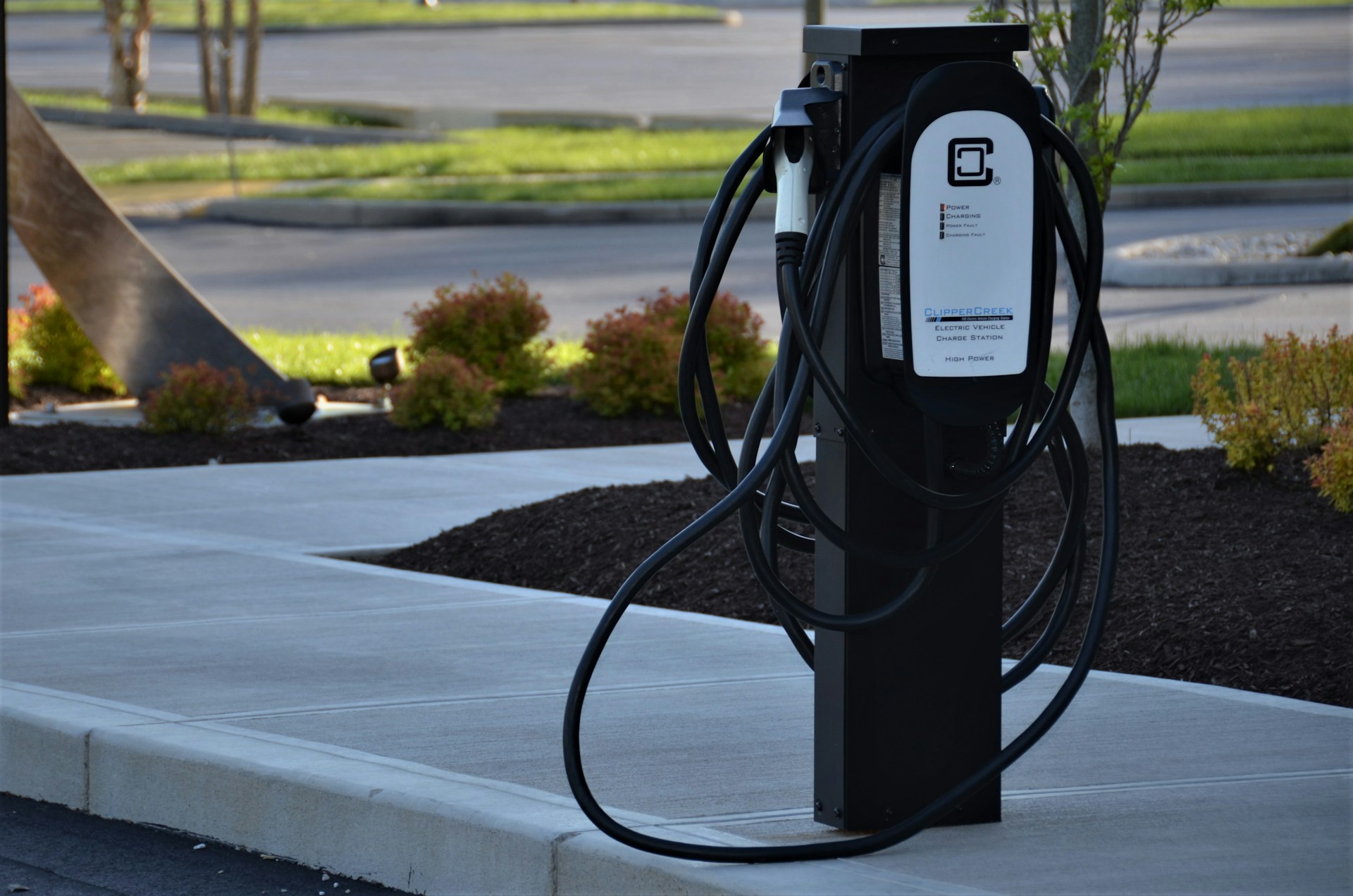The transition to electric vehicles (EVs) is accelerating across the globe, with a growing emphasis on sustainable transportation. This shift brings to the forefront the critical role of EV charging infrastructure, necessitating a deeper understanding of residential vs. commercial chargers. As we navigate this landscape, it’s essential to discern the differences between home and commercial chargers, ultimately aiding individuals and enterprises in choosing residential or commercial EV chargers effectively.
Residential vs. Commercial Chargers
Charging Speed and Capacity
One of the most significant differences lies in the charging speed and capacity. Residential chargers, typically limited to 7kW, cater to overnight charging, ensuring that your vehicle is ready to go by morning. In contrast, commercial EV charging solutions can offer significantly higher capacities, ranging from 22kW to over 100kW, facilitating rapid charging and accommodating the higher throughput demands of business settings.
Infrastructure Requirements
The installation of commercial chargers often necessitates a more complex infrastructure compared to their residential counterparts. While a home charger might simply require a dedicated circuit from your home’s electrical panel, commercial stations may need substantial electrical upgrades, including the installation of multiple circuits, transformers, or even new electrical panels to manage the higher power output.
Cost Considerations
When considering commercial EV charging solutions, the investment extends beyond the hardware. Installation costs, ongoing maintenance, and electricity consumption are considerably higher for commercial chargers. However, the benefits of commercial charging stations—such as attracting EV-driving customers, providing amenities to employees, and supporting sustainability goals—can outweigh these costs for many businesses.
Choosing the Right Charger
Deciding whether to install a residential or commercial EV charger depends on several factors. For homeowners, the decision may hinge on the need for convenience and the existing electrical infrastructure’s capacity. Businesses, on the other hand, must consider their customers’ needs, potential revenue from charging services, and the statement they wish to make about their commitment to environmental sustainability.
The Path Forward
As the EV market continues to expand, the lines between residential vs. commercial chargers will evolve. Innovations in charging technology could see residential chargers becoming faster and more efficient, while commercial solutions may become more cost-effective and widely accessible. Regardless of these changes, the choice between residential and commercial EV charging will remain a pivotal decision for EV owners and businesses alike.
In conclusion, the journey towards widespread EV adoption is paved with decisions about charging infrastructure. Understanding the differences between home and business chargers is crucial for making informed choices that align with individual needs and business strategies. Whether opting for the slower, steadier charge of residential solutions or the rapid, high-volume capacity of commercial stations, each plays a vital role in the transition to a more sustainable automotive future.



